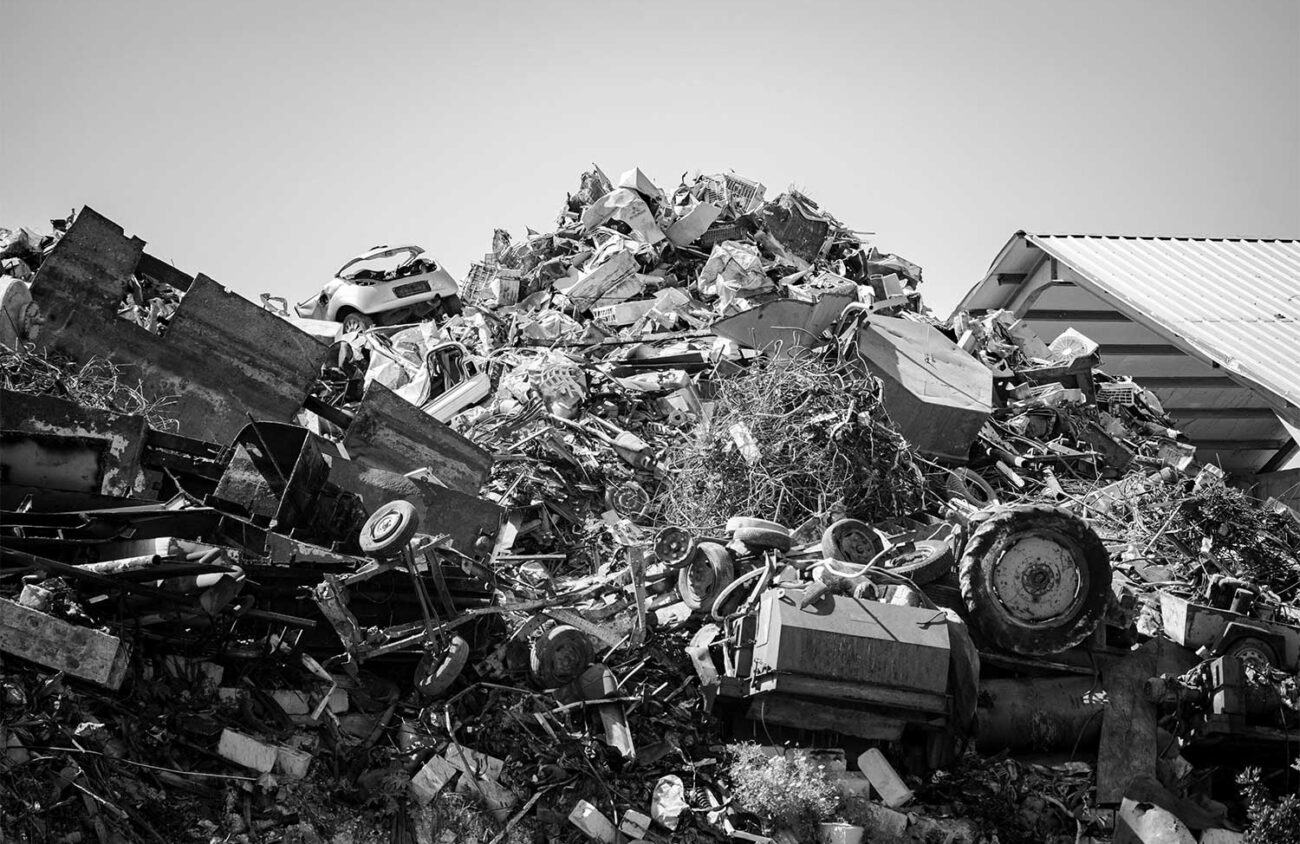Opponents of Lane County’s plans to build a $150 million facility to reduce wastes going into the Short Mountain landfill have argued the project is unnecessary and too expensive.
Those arguments aside, opponents have succeeded by challenging the project based on where the CleanLane Resource Recovery Facility would be built.
The county plans to build the waste facility on 26 acres it owns in Goshen. But in April, a land-use hearings officer agreed with opponents that the county’s current zoning won’t allow for a waste facility on the site. The hearings officer also rejected the county’s effort to relabel the waste facility as a “recycling” project to get around the zoning restrictions.
The legal setback means Lane County officials could face a long and expensive legal fight to build the facility.
But Eugene legislators have proposed an end-run: They want to create a special exemption for the CleanLane facility from all Oregon land-use laws.
Rep. Lisa Fragala, D-Eugene, and Sen. Floyd Prozanski, D-Eugene, have introduced House Bill 3971, which will have its first hearing Wednesday, May 21, in Salem.
The bill would end the land-use challenges to the CleanLane project in favor of the county. The measure declares that a county decision to site “an integrated materials and energy recovery facility” would not be subject to Oregon’s land-use laws or rulings.
The bill doesn’t specify CleanLane by name, but the description is tailored to apply only to this project. The bill doesn’t specify any particular location, but Fragala wants Lane County named as the only government agency that can take advantage of this exemption.
The move would be an extraordinary step, granting Lane County special treatment in the siting of the plant. The bill would turn the tables on the opponents, forcing them to go to court to stop the project on other legal grounds.
“This is such new technology, it’s so cutting edge that there is no land use zoning code that is applicable to the technology that is represented by this facility,” Fragala says.”So that’s why it’s important to use a super siting process.”
She says,“When people are afraid of not being able to have public input, once the facility is cited, there will be an environmental review process that will absolutely include public input… I can personally say I think it’s a very important step in the process, but we can’t even get to that step in the process until we identify a site.”
Jake Peloy, Lane County Garbage and Recycling Association president, did not respond to repeated requests for comment but did give an interview about CleanLane and the bill to right-wing social media host Rick Dancer. Pelroy tells Dancer the bill would not only work around the land use hearing process, but says it would also take away citizens’ voices.
“If anyone challenges them [the county], they’re [the challenger] owed attorney’s fees,” Pelroy said during the interview. “It’s not only getting completely around the land use process, it’s actually taking away anyone’s ability to say, ‘Hey, wait a minute, this might have some impact on our property.’”
The landfill is Lane County’s biggest source of methane, a greenhouse gas that’s generated from organic wastes (for the most part, food) dumped at Short Mountain. The CleanLane project would in effect cook as much as 90 percent of the methane out of the wastes before they go to the landfill.
In all, the CleanLane project promises to cut 80,000 tons from the materials now going into Short Mountain every year by reducing organic wastes and removing recyclables.
That plan has threatened the hold Sanipac, the county’s largest waste hauler, has held on the region’s garbage business. Sanipac currently works in tandem with a sister company, EcoSort, to collect and resell recyclable material from the wastes the hauler collects.
Both companies are owned by Waste Connections, Inc., an international trash hauling conglomerate that brought in $9 billion in revenues last year.
EcoSort and Sanipac entered a bid to operate the county’s waste reduction project. But county officials gave the lucrative contract to run CleanLane to another firm, Bulk Handling Systems.
After that, Sanipac and EcoSort have sought to stop the project.
In April, Eugene Weekly revealed that Sanipac and EcoSort have been diverting wastes away from the Short Mountain landfill, sending trash from the area on a 167-mile trip to a landfill in southern Oregon owned by their parent company, Waste Connections. In all, the Waste Connections-owned companies are now shipping an average of 4,800 fewer tons to Short Mountain than they did in 2023.
County officials say the diversion of trash is costing the county millions in lost revenue at Short Mountain, and that could put the financial plan for the CleanLane at risk.
